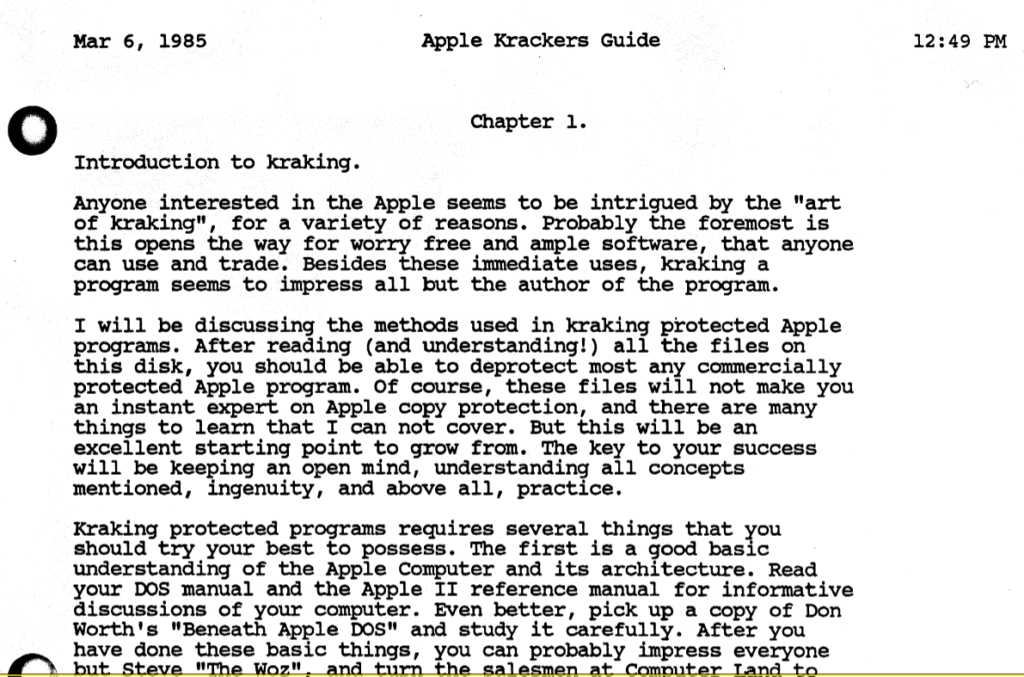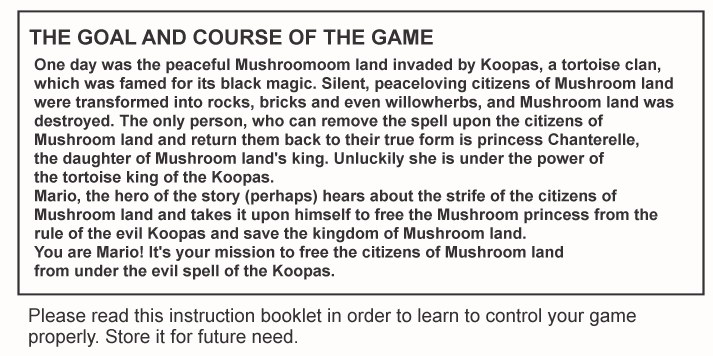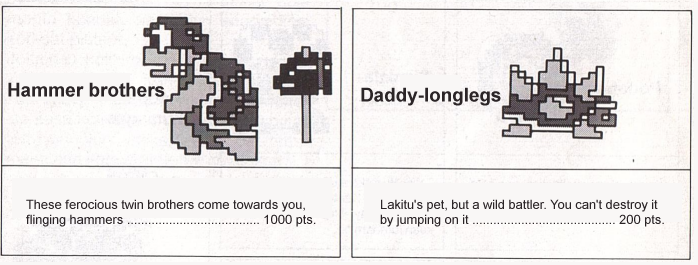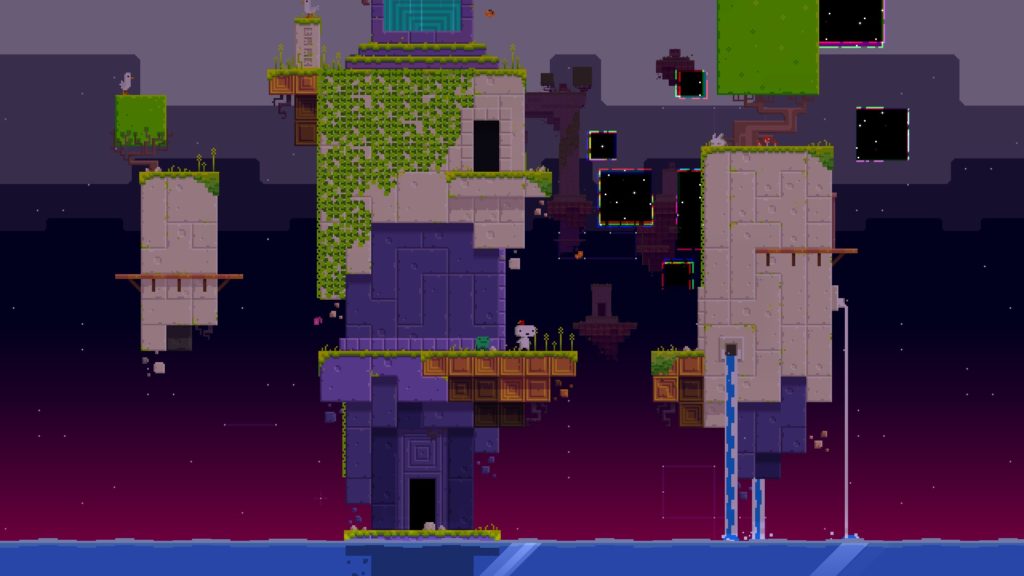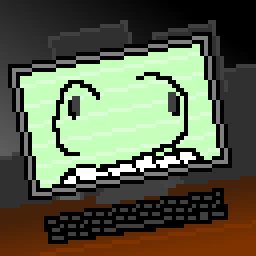
This editorial doesn’t necessarily reflect the views of this blog. However, blogs don’t have views anyway, so what would that even mean?
This is a slightly edited version of a diatribe I emitted on mefi.social. I really want people to see it and think about what it means though.
A dismaying thing is how much of current gaming culture is locked behind Discords, and/or is revealed to the world only through Youtube videos.
These two phenomena are the result of the Myth of the Benevolent Corporation, which was largely started by early Google and their “Do No Evil” policy, which sustained the early web for a good while but itself did huge damage to online culture, and yet promises to do much much more, when they decided that profits mattered more.
When Youtube started, everyone saw it as a kind of miracle. In the early days videos were limited to 10 minutes, but even so they began attracting a huge amount of material. When they switch to just letting people upload anything for free, that exploded.
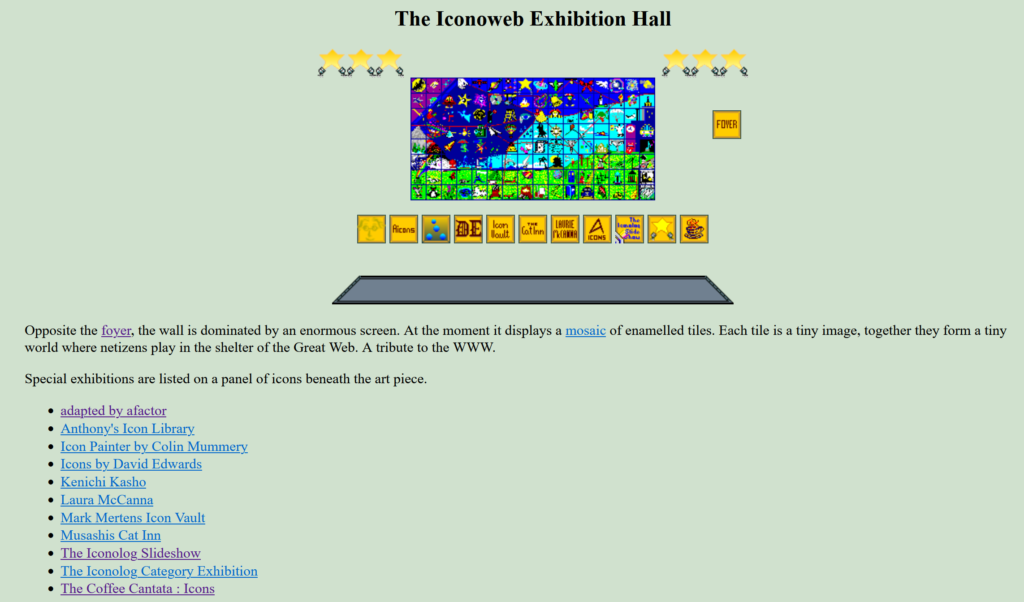
It’s not just gaming stuff that I’m talking about really, although as a popular fixation for people it’s kind of a hint of things to come. Lots of information is currently exposed to the world through Youtube videos and minidocs.
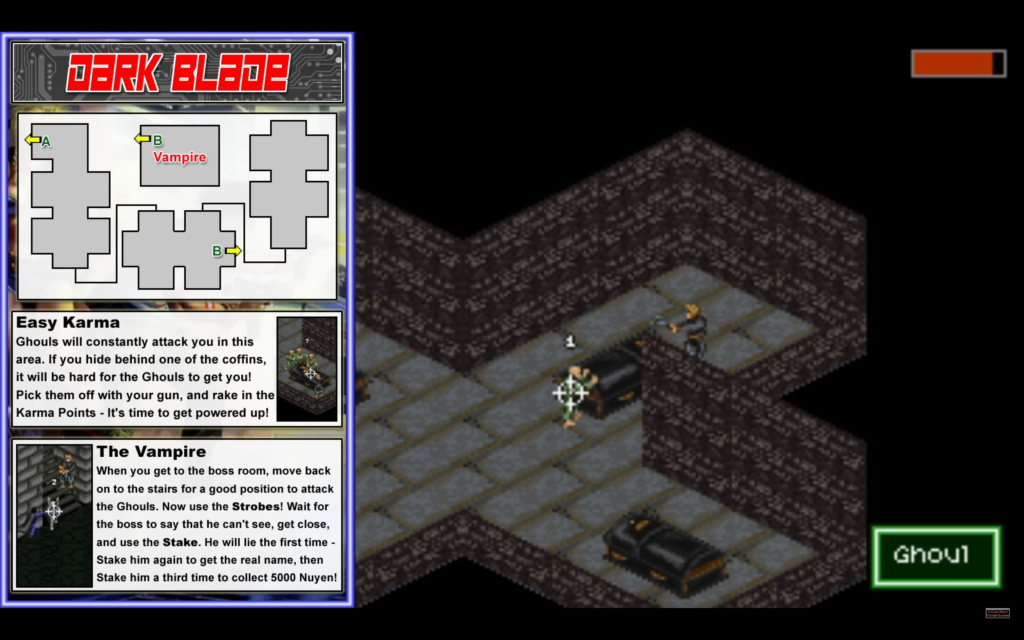
But Youtube has always been a time bomb for all this content. It’s inevitable that Youtube will someday begin deleting things. If not sooner, then later. Yet there are few entities capable of preserving all of it, or even most of it. All of this will [get destroyed] like [crying] in [a downpour].
Of course, it’s not like videos like these have any other hope as it stands. A collection of the incredible size of Youtube’s is so big that only a government could realistically do it, and most of those have their own issues when it comes to continuity of mission and funding.
But combined with Discords as a means of communication, and (bizarrely) information, a lot of online culture is currently a black box to outsiders, unless they sign up to dozens of miscellaneous Discords. And there is a limit to the number of servers you can follow, which is reputed to be 100. (It used to be that Google could get you a quick answer to a question like how many Discord servers can one user follow, but now I’m not sure.)
Social media companies, who all seem to be racing each other to make their services as crappy as possible to non-paying users, are no solution either.

Fediverse to the rescue! But no, a lot of it is transitory, sometimes intentionally so! In some circles even suggesting that Mastodon be just searchable, let alone preservable, will subject you to a storm of criticism. It’s true that being opaque to general search helps protect vulnerable users, a noble cause, but it also makes Mastodon’s discoverability very low. (One solution, which I think I mentioned here before, is an opt-in search solution called tootfinder, but it currently only goes back three months.)
And I don’t see many other people talking about this, even though the sudden decay of Twitter and Reddit has made this essential problem more visible than its been for a long time.
I feel like going onto every Discord I follow, gaming research ones in particular, and ringing alarm bells, but it’s a task just to find them out, and really what good would it do. People use Discord because it’s free and easy and they even maintain the server for you. These kinds of spaces have always relied on some patron to uphold them; the only real differences are before they were visible to search and the Wayback Machine, and now, it’s a single company that will increasingly hold access to these places obscured behind a storm of pleas to subscribe to Nitro, and someday will delete them entirely.
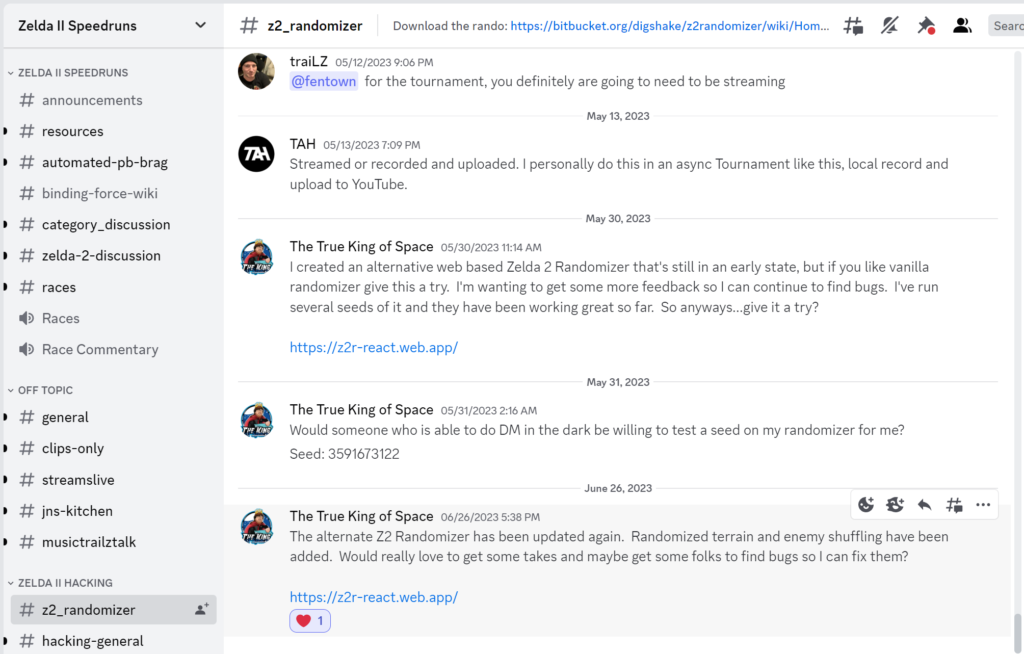
If you think I’m being hyperbolic, there are vast swaths of online culture that are already lost permanently: the Compuserve forums of the era immediately preceding the rise of the web. Compuserve was once the biggest online presence. And AOL, which grew to eclipse it in size, likewise holds (still? I don’t know, it’s on AOL!) a vast amount of early internet culture.
Newsgroup archives are a bit better off because of their openness, although nowadays it’s mostly seen as just a way to enable piracy.
Still, essential web services are at least preservable. The Fediverse resembles those, at least in principle, so it’s immediately better off than Discords and Youtube, for making old information findable, even if it’s currently really hard to do it (and some people are outright opposed to it).
It is time to wrap this all up. I say things like this frequently these days. Maybe someday someone will listen. The power and reach of the internet doesn’t have to rely on big companies. I also have qualms about the ability of a even a horde of individual servers to keep things going, mind you. All those dead links on all those surviving old websites, they once represented living projects too.
I think what we ultimately need is an independent organization that can keep up old sites and communities, and provide a place for new ones, maybe supported by donations, without the explicit profit motive of the bigcorps. Something that looks like the Internet Archive or Wikipedia. There’s places where you can host plain websites even today, like the Tildeverse (but its individual pieces, like Fediverse servers, always feel like they could vanish at any time), ancient-yet-still-here Angelfire (of which, like the Lycos it’s a part of, it’s amazing still survives), or the newer, enthusiast-focused Neocities (which too has no guarantee of longevity).
Companies can live longer than people, or their interest cycles. It doesn’t feel right that something like a website require someone to dedicate their life to maintaining it, but due to the dysfunctional way our economic has come to see companies (involving the hateful words fiduciary duty) are also vulnerable to the winds of change. It feels like a non-profit, or at least a durable privately-held company that isn’t pushed by rapacious groups to chase every profit lead no matter how disastrous, may be a solution. I don’t know if it really is, though. I’m just watching this, mostly from the outside. I hope someone can do something though, to overturn the cold tides of entropy. I really do.




